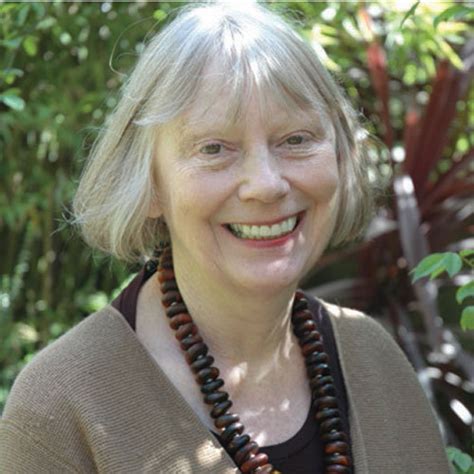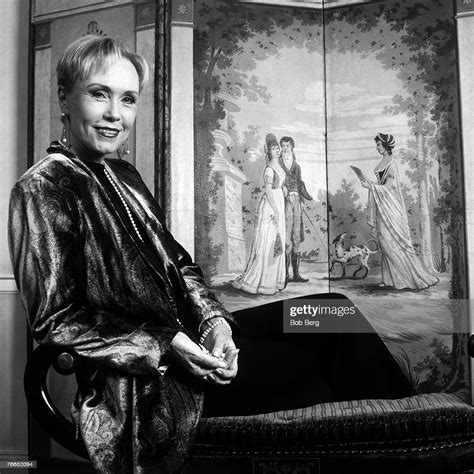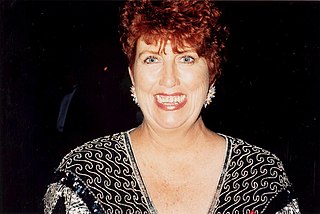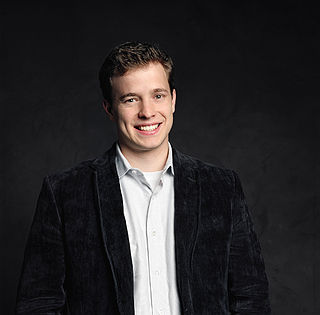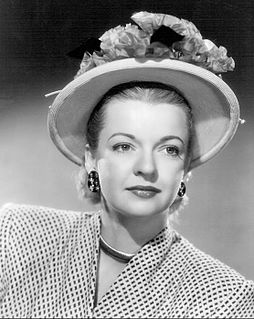A Quote by Sheila Rowbotham
the so-called women's question is a whole-people question.
Related Quotes
Do women dress for men or women? I’ve always wondered why that eternally provocative question is put in terms of approval - as if the heart of the matter, the answer, were indeed a question of approval by either sex. But the question is never satisfactorily answered because it is incorrectly posed. It’s disapproval, the fear of it, that motivates most women, and with disapproval it doesn’t matter where it comes from.
I travel a lot. It used to be, when I would go to any country, I could guarantee that the first question would establish my name, and the fact that I've written Roots, and the third question, at least no later than the fourth question would not be a question, so much as a statement, something like, "We understand that in America white people do such and such bad things to black people."
And one day we must ask the question, "Why are there forty million poor people in America?" And when you begin to ask that question, you are raising questions about the economic system, about a broader distribution of wealth. When you ask that question, you begin to question the capitalistic economy.
I have studied many religions, many different persuasions of thought in Christian belief, and I have come, in this experience to this: the most important question in anyone's life is the question asked by poor Pilate in Matthew 27:22: 'What shall I do, then, with Jesus who is called Christ?' No Other question in the whole sweep of human experience is as important as this. It is the choice between life and death, between meaningless existence and life abundant. What will you do with Christ? Accept Him and life, or reject Him and die? What else is there?
Because everybody who has ever lost their way in life has felt the nagging insistence of that question. At some point we all look up and realize we are lost in a maze, and I dont want us to forget Alaska, and I don't want to forget that even when the material we study seems boring, we're trying to und3erstand how people answered that question and the question each of you posed in your papers--how different traditions have come to terms with what Chip, in his final, called 'people's rotten lots in life.
Every time the diaphragm winks, the camera repeats the question that now travels through cyberspace and invades, as a modern virus, the memories of machines, men and women. The question that history sets forth. The question which forces us to define ourselves and whose answer makes us human: On which side are you?
